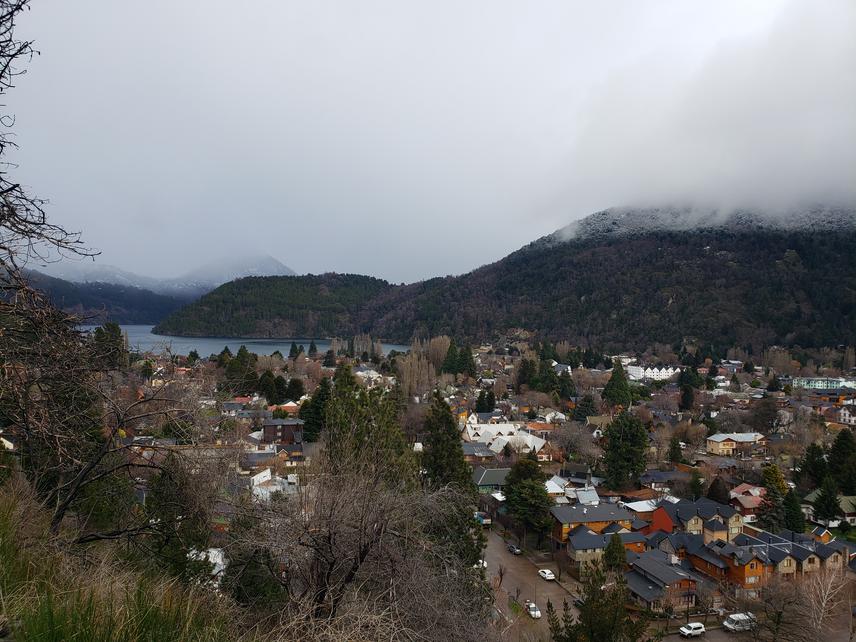Clara Emilia Mosso
The aim of this project is to determine the effects of urban expansion patterns on ecosystem services provision and fire risk in the context of climate change in the city of San Martin de los Andes (Neuquén, Argentina). At the end of this study, spatiotemporal patterns of urban expansion in the mentioned city will be described and the way in which these patterns affect water yield, sediment retention, water purification, and wildfire risk in this area will be understood. The information generated will be an unbiased arbiter between different development scenarios and will contribute to the improvement of current environmental policy frameworks affecting wildland-urban interface areas.

As global population increases, urban expansion is turning into a forest loss and degradation driver that causes detrimental impacts on ecological processes and functions. In the Argentinian side of Patagonia, about 90% of the human population is concentrated in urban areas (INDEC 2010), and there is an increasing pressure for urban development into surrounding natural areas (Zagarola et al. 2014). Many cities affected by this phenomenon are adjacent to native forest areas and, therefore, urban expansion occurs at the expense of these. This situation is exemplified in the cities of Ushuaia, Bariloche, and San Martín de los Andes, to name a few.
In these cities, ecosystem services (MA, 2005) closely related to forest dynamics and water provision, such as water yield, sediment retention, and water purification, could be severely affected (Pessacg et al. 2015). Furthermore, the increasing residential development in or near fire-prone areas, such as the wildland-urban interface (WUI), exposes more people and property to wildfires (Radeloff et al. 2005; Godoy et al. 2019). These negative consequences are exacerbated by climate change and constitute a major concern for Patagonian communities living in the WUI. However, the complex dynamics among residential development, ecosystem services provision, and wildfire risk in these areas are currently poorly understood, and there are no specific guidelines for the spatial planning of native forest in Patagonian urban and WUI areas.
Identifying the relationships among ecosystem services provision, fire risk, climate change, and residential expansion into the WUI is necessary to support science-based forest conservation policies and land use planning decisions for these communities. The aim of this study is to determine the effects of different urban expansion patterns on ecosystem services provision and fire risk in the context of climate change, taking the city of San Martin de los Andes as a case study. This will be achieved by using a combination of participatory mapping, remote sensing, geographic information systems, and ecosystem modelling methodologies. The information that will be generated in this study can be used as an unbiased arbiter between different management options or urban developing scenarios. Results will contribute to the improvement of current environmental policy frameworks affecting WUI areas, as well as to WUI community’s well-being.